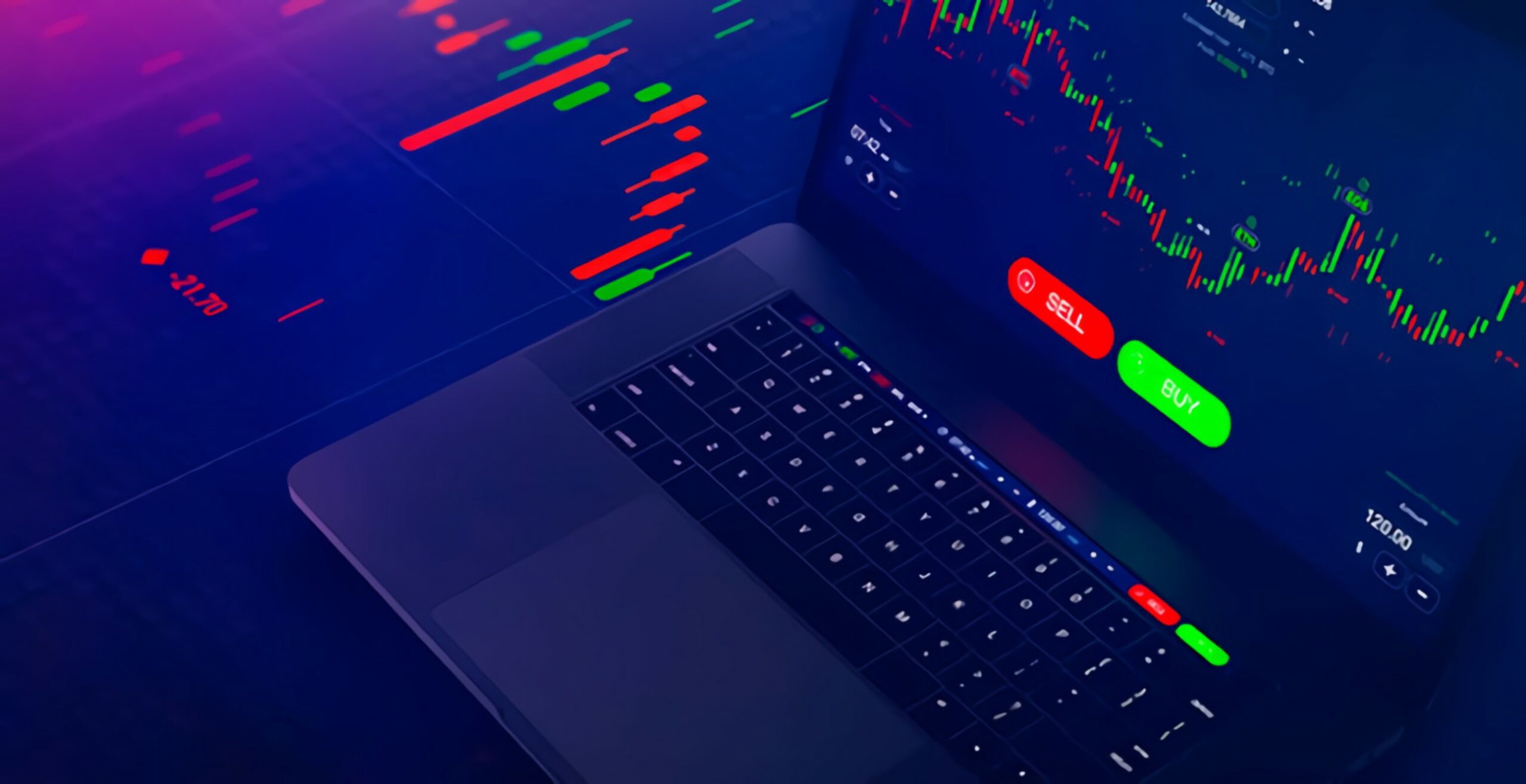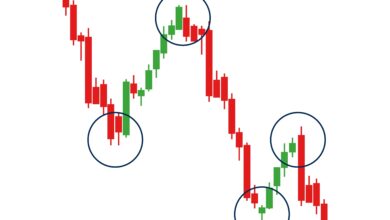Are Forex Practice Accounts Realistic?
Are Forex Practice Accounts Realistic? Understanding their Benefits and Limitations
Introduction:
Are Forex Practice Accounts Realistic, Forex practice accounts, also known as demo accounts, have become a popular tool for aspiring forex traders to gain hands-on experience in the market without risking real money. These simulated trading platforms aim to provide a realistic trading environment for beginners to learn and practice their skills. In this article, we will explore the benefits and limitations of forex practice accounts
Benefits of Forex Practice Accounts:
1. Risk-Free Learning Environment: Forex practice accounts offer a risk-free environment for novice traders to explore the intricacies of currency trading. Users can familiarize themselves with the trading platform, test different strategies, and understand how market dynamics impact their trades, all without the fear of financial loss.
2. Hands-On Experience: Practice accounts provide traders with the opportunity to gain practical experience in executing trades, analyzing charts, and managing positions. It allows users to understand how various order types work, how to set stop-loss and take-profit levels, and how to navigate the platform effectively.
3. Strategy Development: Demo accounts enable traders to develop and refine their trading strategies. By experimenting with different approaches, traders can assess the viability of their strategies, identify strengths and weaknesses, and make necessary adjustments without risking real money.
4. Market Familiarity: Practice accounts help traders become familiar with the forex market’s dynamics, including price movements, volatility, and fundamental factors. This familiarity is crucial for understanding how different events and economic indicators impact currency values.
Limitations of Forex Practice Accounts:
1. Psychological Differences: One major limitation of practice accounts is that they do not fully replicate the psychological aspects of real trading. The absence of real money at stake can affect decision-making and emotional responses. Traders may experience different levels of discipline, risk tolerance, and decision-making abilities when transitioning to live trading.
2. Execution and Slippage: While practice accounts aim to simulate real market conditions, they may not accurately reflect the execution speed and slippage experienced in live trading. In a real trading environment, market orders can be subject to price changes, resulting in potential slippage that impacts trade outcomes.
3. Emotionless Trading: The absence of real money in practice accounts can lead to a lack of emotional involvement. Traders may not experience the same level of stress, fear, or greed as they would when real money is at stake. Emotional control is a crucial aspect of successful trading, and practice accounts may not fully prepare traders for these aspects.
4. Limited Market Conditions: Demo accounts typically offer access to a limited range of currency pairs and may not include all the features and tools available in live trading platforms. Traders may not be exposed to the full complexity, diversity, and liquidity of the real forex market.
Conclusion:
Forex practice accounts serve as valuable tools for beginners to learn the basics of currency trading, develop strategies, and gain confidence before transitioning to live trading. While they provide a risk-free environment and hands-on experience, they do have limitations, including the absence of real emotions, execution differences, and limited market conditions. It is important for traders to recognize these limitations and understand that the transition to live trading requires psychological adjustments and adaptation to real market conditions. By leveraging the benefits of practice accounts while remaining aware of their limitations, traders can enhance their learning journey and increase their chances of success in the dynamic world of forex trading.






